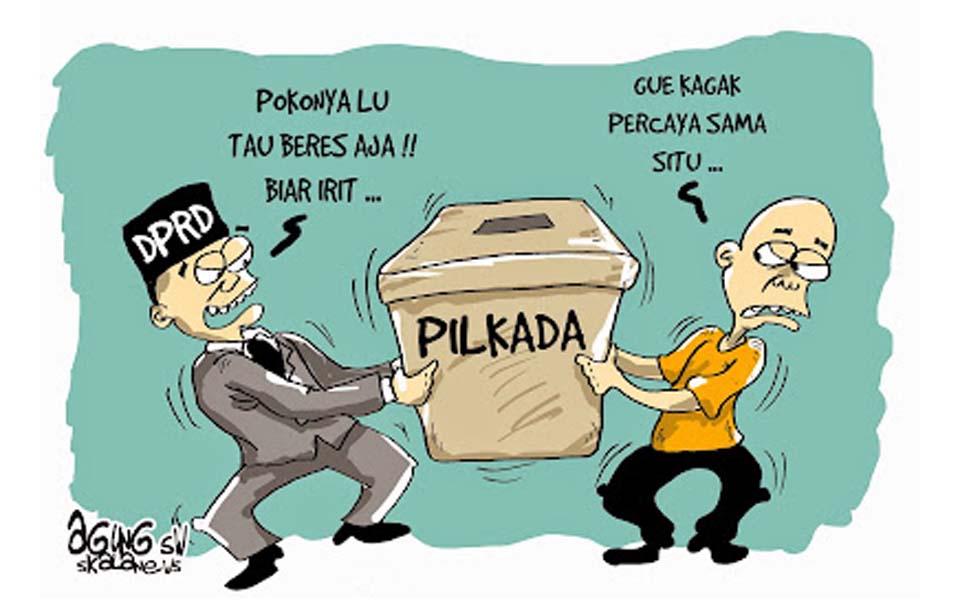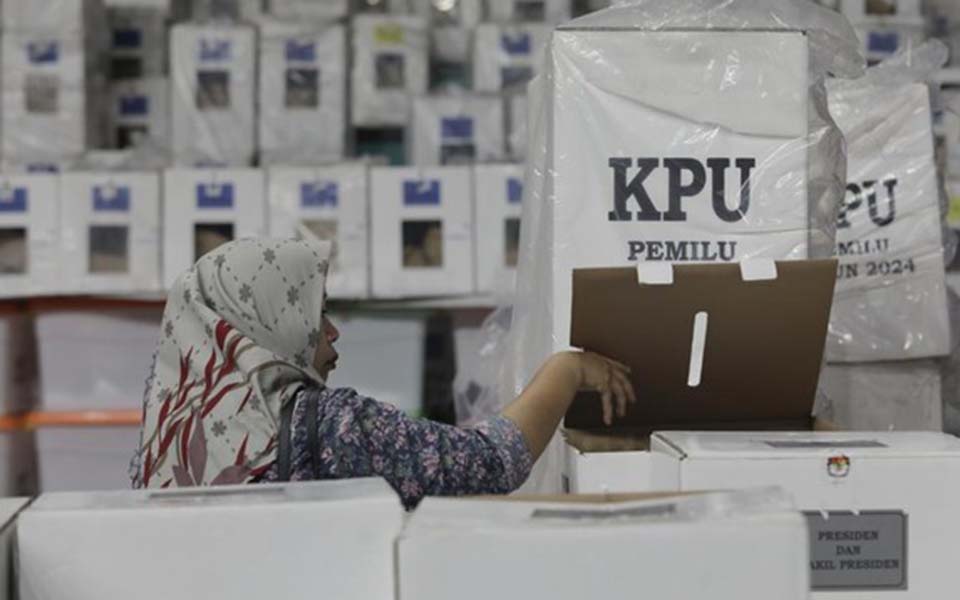Ardito Ramadhan, Jakarta – The results of a survey organised by Kompas Research and Development (Litbang Kompas) in January shows that the United Indonesia Party (Partai Perindo) is the non-parliamentary political party with the highest electability.
Quoting from the February 21 edition of the Kompas Daily, Perindo is recorded has having an electability of as much as 4.1. This figure is enough to pass the parliamentary threshold of 4 percent to gain a seat in the House of Representatives (DPR).
Perindo's electability is far superior to the other non-parliamentary parties surveyed such as the People's Conscience Party (Hanura), the Star Crescent Party (PBB) and the Indonesian Solidarity Party (PSI), which only have an electability of 0.5 percent.
The other non-parliamentary political parties meanwhile have electability levels of under 0.5 percent and even if combined as one still have a figure of less than 0.5 percent.
Meanwhile, among the grouping of political parties that inhabit Senayan – as the parliament is known – the ruling Indonesian Democratic Party of Struggle (PDI-P) still has the highest electability at 22.9 percent, followed by the Greater Indonesia Movement Party with (Gerindra) 14.3 percent and the Golkar Party with 9 percent.
In the middle of the board is the Democrat Party with an electability of 8.7 percent, followed by the National Democrats (Nasdem) with 7.3 percent, the National Awakening Party (PKB) with 6.1 percent and the Justice and Prosperity Party (PKS) with 4.8 percent.
Meanwhile there are two parliamentary parties whose electability is less than the parliamentary threshold, namely the United Development Party (PPP) with 2.3 percent and the National Awakening Party (PAN) with 1.6 percent.
Nevertheless, there were still 16.8 percent of respondents in this survey who answered they did not know or did not wish to divulge which political party they would vote for.
The survey was conducted between January 25 and February 4 and involved 1,202 respondents selected from 38 provinces in Indonesia. It was conducted through face-to-face interviews and the sample selected randomly using a multi-stage system. Using this method it has a 95 percent level of confidence and a 2.83 margin of error.
[Translated by James Balowski. The original title of the article was "Survei Litbang "Kompas": Partai Nonparlemen Perindo Raih 4,1 Persen".]















